Posted by The Nature Conservancy in Ocean Views on July 10, 2014
By: Michael Bell, Oceans Program Director, The Nature Conservancy in California
The best way to protect our oceans is by empowering local communities and fishermen that have the most to gain from sustainable fisheries. The Nature Conservancy and its partners have tested this theory by partnering with local fishing communities to take charge of the waters they fish, above and beyond the traditional top down management.
For centuries we believed the world’s oceans held a bountiful and endless supply of seafood. Many early fisheries management laws in the U.S. focused on growing the fishing industry. After great growth of the American fishing fleet through the late 70’s to the early 90’s, scientists presented compelling evidence that we were overfishing many fish stocks to the point that recovery was not certain.
In response, fishery managers implemented rules and regulations to reduce overfishing, but that often fostered conflict and minimized the importance of role of local fishery stakeholders in stewarding the waters they fish.
Fisheries management is an incredibly complex job requiring a balance between protecting marine resources and sustaining the real needs of fishermen, fishing businesses and communities. Achieving productive fisheries, healthy ocean ecosystems and resilient fishing communities simply can’t be the job of government alone – it is the job of everyone engaged with the health of our ocean.
In 2006 The Nature Conservancy, fishermen and community leaders began working together in Morro Bay to help rebuild the collapsed groundfish fishery. Our partnership promoted the use of new technologies and tools to reduce bycatch and protect important ocean habitat. These new approaches are developed with and implemented by local fishermen. The collaborative nature of this effort was a far cry from the regulatory world many fishermen have come to resent. The structure of our partnership incentivized fishermen to share catch information (normally considered secrets of their trade) with each other and scientists, as well as implement studies to assess trawl impacts and minimize bycatch. Fishermen helped discern what this data was telling us about local groundfish stocks and what local harvest measures were needed in response.
This bottom up reform can also be more inclusive and flexible in nature. Take trawling for instance, consistently vilified but currently the only way to catch many valuable flatfish species, such as petrale sole and sand dabs. Research has shown that the severity of impact of trawling depends on the type of seafloor and the intensity of fishing effort. Fishermen worked hand in hand with scientists as part of our partnership to zone trawling to less vulnerable sand and mud seafloor bottom areas in ways that supported fishermen’s bottom lines without harming sensitive habitat. The result has been less bycatch (fish discarded at sea), more habitat protected, but more importantly, a fundamental paradigm shift in local fishery management.
In Morro Bay, local stakeholders consider themselves the primary stewards of the resource upon which they and their community depend. To build on this momentum, The Nature Conservancy helped secure permanent local access to fishing and greater economic viability for this small port by transferring $2 million of fishing rights that we owned to the community. The rights (called fishing quota) were transferred to the Morro Bay Community Quota Fund, a non-profit that is managed by community leaders, scientists and economists committed to advancing an economically stable and environmentally sustainable fishery. The Fund will annually lease rights to local fishermen who commit to helping achieve these goals.
The concept of local leaders playing a primary role in fishery management is taking hold. Throughout the country, there are several other inspiring examples of fishing and community leaders working together to develop solutions to local challenges. In Morro Bay and beyond, elevating the role of local fishery leaders is breaking down barriers that long impeded change and innovation. This natural leadership role of fishery stakeholders is essential. The future of our world’s oceans and fisheries will not depend on regulations alone, but on our ability to empower local leaders to be part of the solution in stewarding the ocean that supports their livelihoods, heritage and cultural identity.

